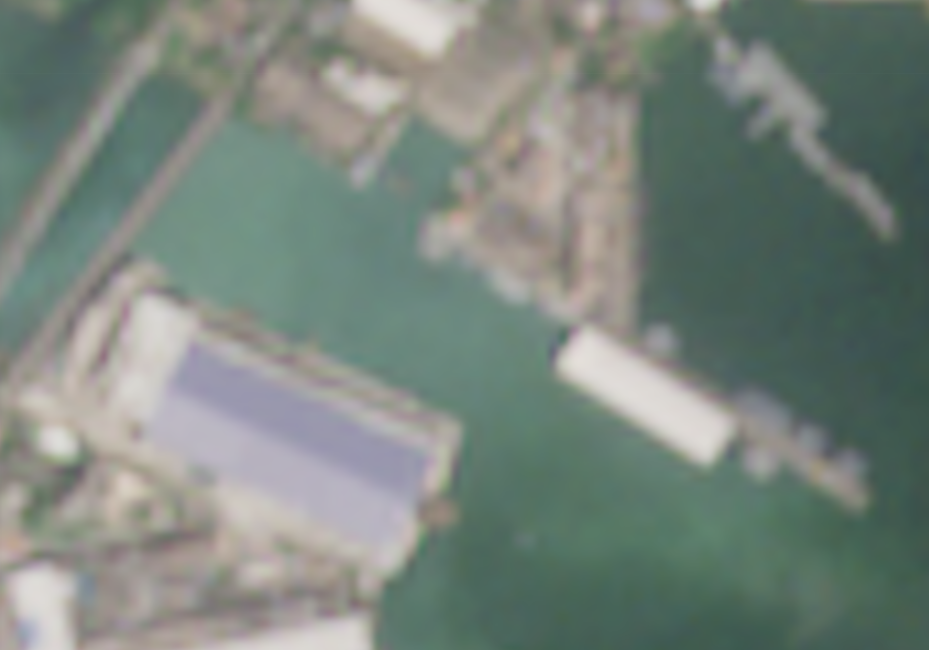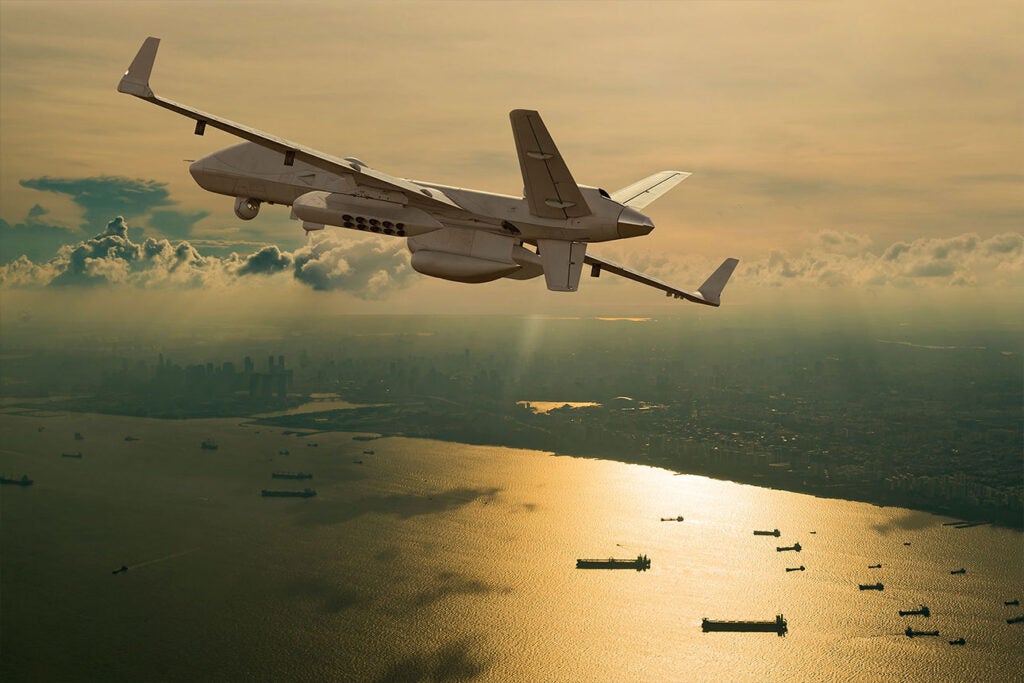India Approves Plan to Build Two Nuclear-powered Attack Submarines & 31 MQ-9B UAVs
Indian Cabinet Committee on Security (CCS) in a meeting, headed by Prime Minister Narendra Modi on October 9, approved the plan to build two nuclear-powered attack submarines and procure 31 MQ-9B unmanned aerial vehicles from the United States.
India will indigenously design, develop, and manufacture the two nuclear-powered attack submarines. The project falls under the Advanced Technology Vessel (ATV) programme that saw the development of India’s first nuclear-powered submarine – INS Arihant. The submarines will feature a new design based on the learnings from the ATV programme, these will be built at the Ship Building Center in Visakhapatnam. Overt Defense reported India’s plans to build six nuclear-powered attack submarines in three batches in August. The two subsequent blocks of submarines will incorporate improvements and learnings from the previous block, allowing the next two submarines to be technologically relevant for longer.

India has been expanding its capacity to build nuclear submarines in parallel by constructing a new facility at SBC Visakhapatnam that can build submarines larger than 160 metres. Bhabha Atomic Research Centre is working on a new 190mW Compact Light Water Reactor (CLWR-B2) for S5 class SSBN and nuclear-powered attack submarines. The SSN will displace up to 10,000 tonnes when submerged, it will carry land attack missiles in missile tubes in addition to torpedoes and submarine-launched cruise missiles (SLCM). The submarines are expected to take 10-12 years to design, manufacture, and test before they are commissioned into the Indian Navy. The submarines will have an indigenous content of around 95% with some design consultancy from foreign design houses.

Indian Navy will also sign a deal for 15 MQ-9B SeaGuardian drones, which is part of the 31 MQ-9 approved. The drones will also be integrated with the Indian data link and Naval Anti-Ship Missile (NASM) to deal with surface threats. The Indian Navy had leased two MQ-9B under a Company-Owned, Company-Operated (COCO) lease agreement, to evaluate the system’s performance. The deal worth around $4 billion is expected to be signed by October 31, 2024.

